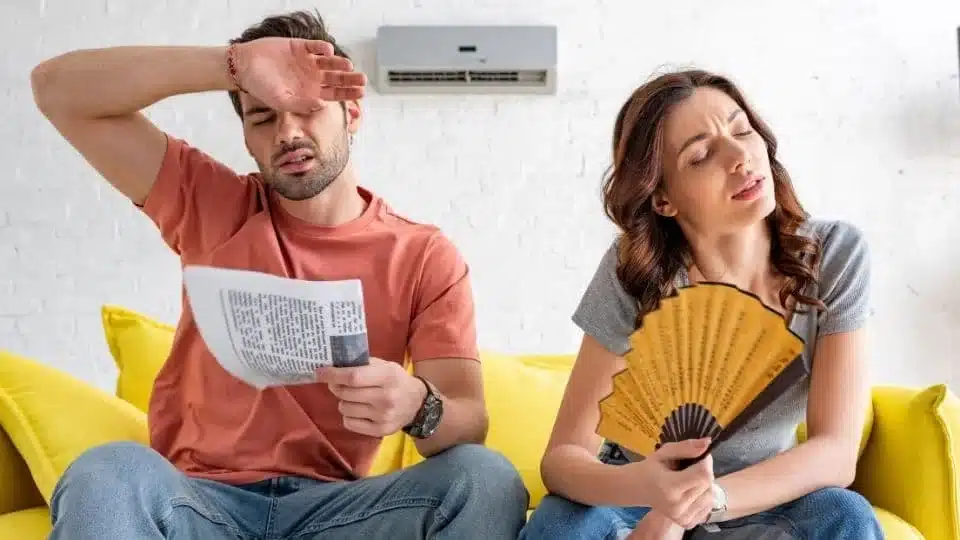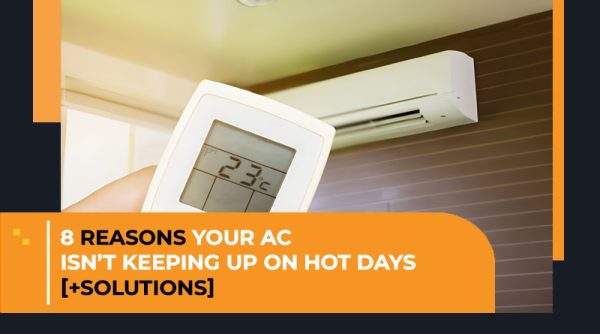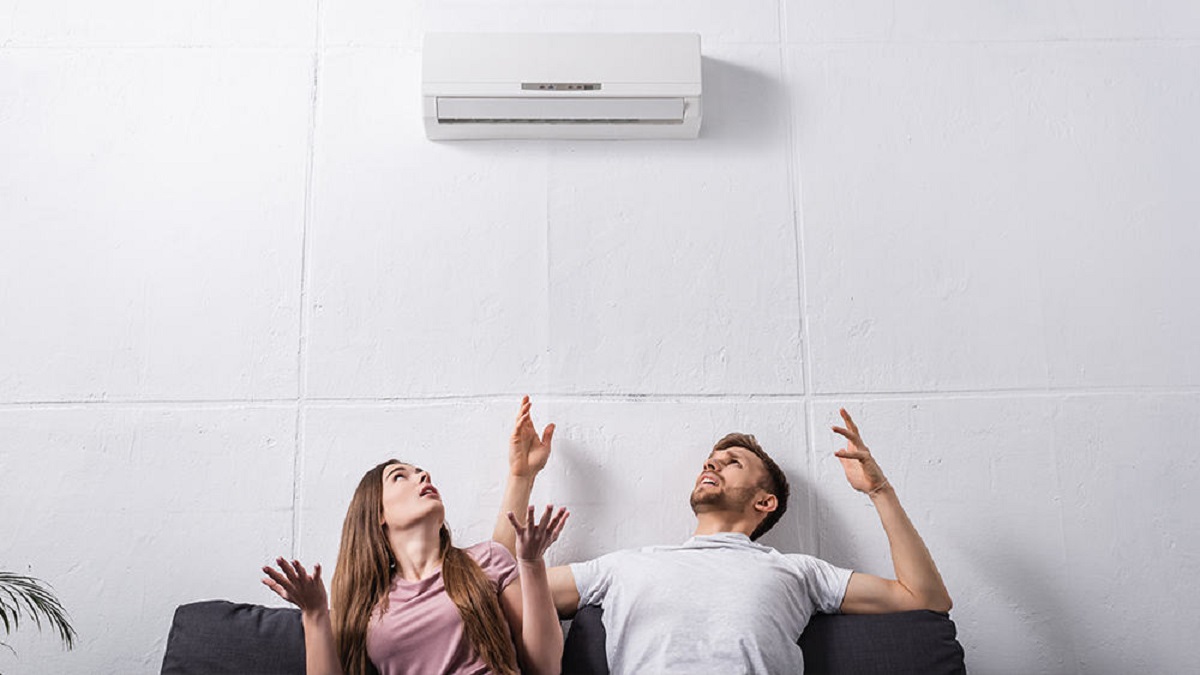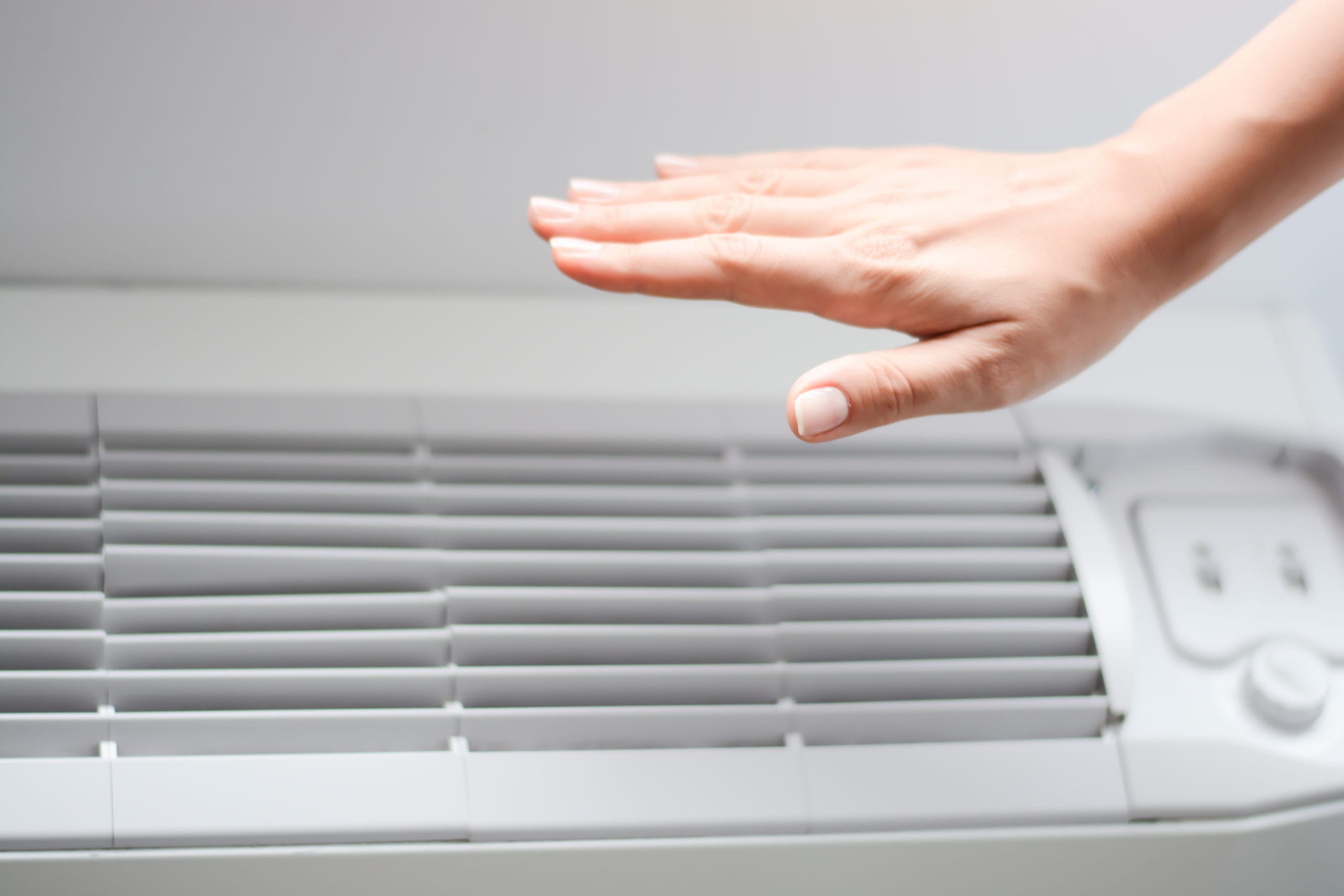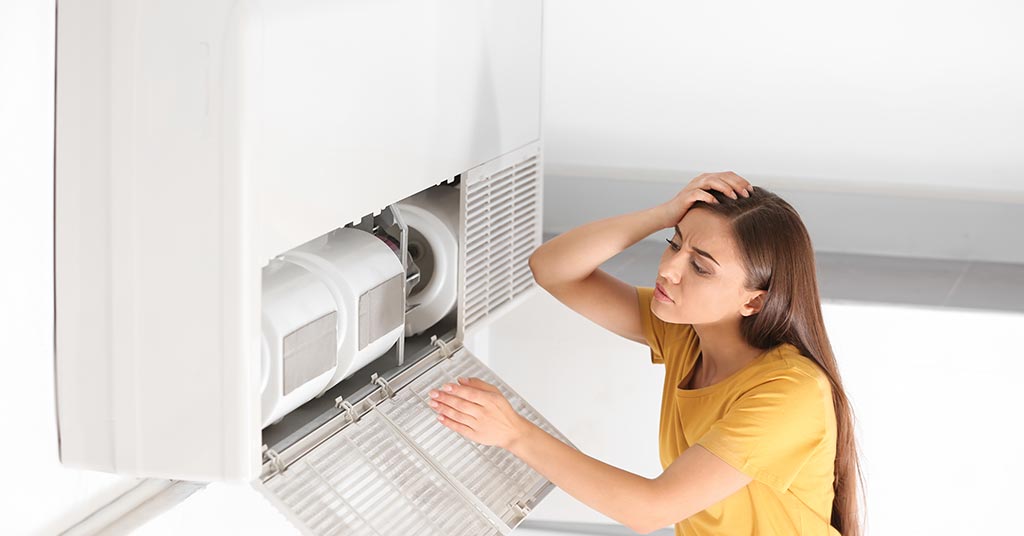Why Isn't My Ac Keeping Up With The Heat
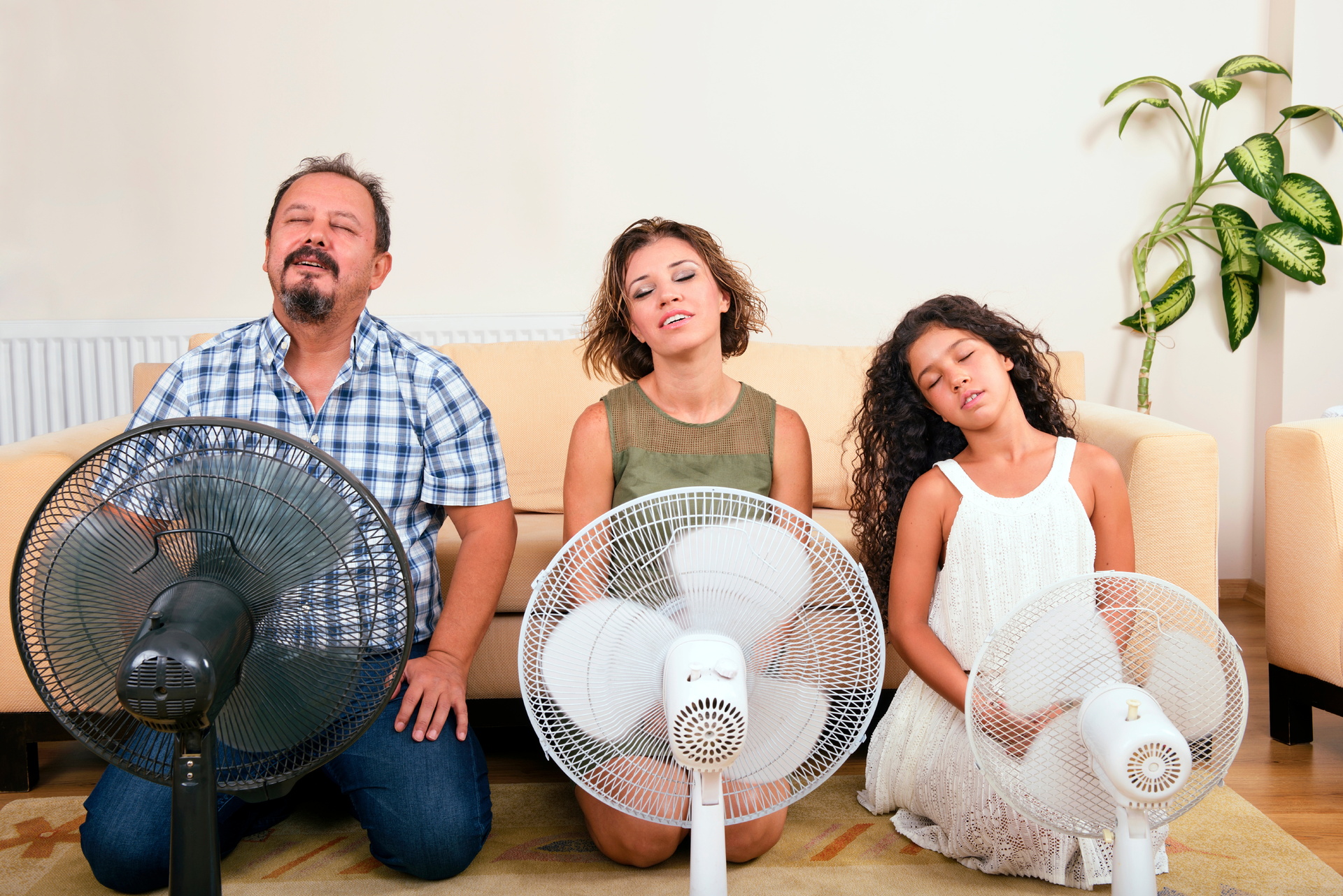
Why Isn't My AC Keeping Up With the Heat? A Comprehensive Guide
Summer's here, and your air conditioner is working overtime. But what happens when "overtime" still isn't enough? If your AC struggles to keep your home cool, you're not alone. Several factors can contribute to this common problem, ranging from simple fixes to more complex issues requiring professional attention. This guide will walk you through the potential culprits, helping you diagnose the problem and explore solutions.
Understanding the Basics: How AC Works
Before diving into troubleshooting, let's recap how an AC system functions. It absorbs heat from inside your home and transfers it outside. This process involves refrigerant, a special chemical that cycles between the indoor evaporator coil and the outdoor condenser coil. The evaporator absorbs heat, and the condenser releases it. A fan in each unit circulates air to facilitate this heat exchange.
Common Reasons Your AC Struggles
Several factors can compromise your AC's performance. We'll cover the most frequent ones here.
1. Dirty Air Filter
This is the most common and often easiest-to-fix problem. A clogged air filter restricts airflow to the evaporator coil, reducing its ability to absorb heat. This makes the AC work harder, leading to inefficiency and potentially causing the evaporator coil to freeze. Regularly replace your air filter – typically every 1-3 months, depending on usage and the type of filter. Consider high-efficiency particulate air (HEPA) filters for improved air quality, especially if you have allergies or respiratory issues.
2. Refrigerant Leaks
Refrigerant is the lifeblood of your AC system. If there's a leak, the system won't have enough refrigerant to cool effectively. Signs of a refrigerant leak include: a hissing or bubbling noise from the AC unit, ice buildup on the evaporator coil, and a noticeable decrease in cooling performance. Refrigerant leaks require professional repair. Never attempt to handle refrigerant yourself, as it can be harmful.
3. Dirty Condenser Coil
The outdoor condenser coil releases heat extracted from your home. If it's covered in dirt, leaves, or debris, it can't dissipate heat effectively. This forces the AC to work harder and reduces its cooling capacity. Regularly clean the condenser coil using a garden hose (gentle spray) and a soft brush. Avoid using high-pressure washers, as they can damage the fins.
4. Blocked or Leaky Ductwork
Ductwork distributes cooled air throughout your home. If ducts are blocked, damaged, or leaking, cooled air will be lost before it reaches the intended rooms. Inspect your ductwork for visible damage or leaks. Consider having a professional duct inspection and sealing service to improve efficiency. According to the EPA, duct leakage can account for up to 30% of energy loss in a typical home.
5. Undersized AC Unit
If your AC unit is too small for your home's square footage and climate, it will constantly struggle to keep up with the heat. This is especially common in older homes or those with additions. Consult with an HVAC professional to determine the appropriate size AC unit for your home. Factors to consider include: square footage, insulation, window size and orientation, and climate.
6. Inefficient or Failing Components
Over time, AC components like the compressor, fan motor, or capacitors can wear out and become less efficient. This can lead to reduced cooling capacity and increased energy consumption. Schedule regular AC maintenance to identify and address potential component failures before they cause major problems.
7. Poor Insulation
Even with a properly sized and functioning AC, poor insulation can make it difficult to keep your home cool. Heat can easily enter through poorly insulated walls, ceilings, and windows, overwhelming the AC's cooling capacity. Improve your home's insulation to reduce heat gain and improve energy efficiency. Consider adding insulation to your attic, walls, and crawl spaces.
8. Air Leaks Around Windows and Doors
Similar to poor insulation, air leaks around windows and doors allow hot air to enter your home, forcing your AC to work harder. Seal air leaks with weather stripping or caulk. Consider upgrading to energy-efficient windows and doors to further reduce heat gain.
HVAC Brands and Models: A Comparison
When upgrading or replacing your AC system, choosing the right brand and model is crucial. Here's a comparison of some popular brands and models:
- Carrier: Known for their high-efficiency and advanced features. Models like the Infinity series offer excellent SEER ratings and smart home integration. However, they tend to be pricier.
- Trane: A reliable brand with a reputation for durability. The XR series offers a good balance of performance and affordability. Trane systems often boast robust compressors and extended warranties.
- American Standard: Closely related to Trane, offering similar performance and reliability. American Standard focuses on value and ease of installation.
- Goodman: A budget-friendly option offering competitive pricing. Goodman systems may not have the same level of features or efficiency as premium brands, but they can be a good choice for homeowners on a tight budget.
- Lennox: Known for their innovative technology and ultra-high-efficiency models. Lennox systems often have the highest SEER ratings on the market, but they also come with a premium price tag.
When comparing models, pay attention to the SEER (Seasonal Energy Efficiency Ratio) rating. Higher SEER ratings indicate greater energy efficiency. For heating, look at AFUE (Annual Fuel Utilization Efficiency) for furnaces and HSPF (Heating Seasonal Performance Factor) for heat pumps. Consider Energy Star certified models for maximum energy savings.
Pricing Considerations
The cost of a new AC system can vary widely depending on the brand, model, size, and installation complexity. Expect to pay anywhere from $3,000 to $10,000 or more for a complete system replacement. Get quotes from multiple HVAC contractors to compare pricing and services.
Warranties and Maintenance
A good warranty provides peace of mind and protects your investment. Most manufacturers offer limited warranties on parts, but some offer extended warranties that cover labor costs as well. Read the warranty carefully to understand what's covered and for how long.
Regular maintenance is essential for keeping your AC system running efficiently and prolonging its lifespan. Schedule annual maintenance with a qualified HVAC technician. This typically includes cleaning the coils, inspecting the refrigerant levels, and checking the electrical components.
DIY vs. Professional Help
Some AC problems, like replacing a dirty air filter or cleaning the condenser coil, can be easily handled yourself. However, more complex issues like refrigerant leaks, compressor failures, or ductwork repairs require professional expertise. Attempting to repair these issues yourself can be dangerous and may void your warranty.
Conclusion
If your AC isn't keeping up with the heat, don't despair. By understanding the potential causes and following these troubleshooting steps, you can diagnose the problem and take appropriate action. Whether it's a simple DIY fix or a professional repair, addressing the issue promptly will improve your comfort and save you money on energy bills. Remember to prioritize regular maintenance and consider upgrading to a more efficient system if your current AC is old or undersized. By choosing the right brand, model, and contractor, you can ensure a cool and comfortable home all summer long.
